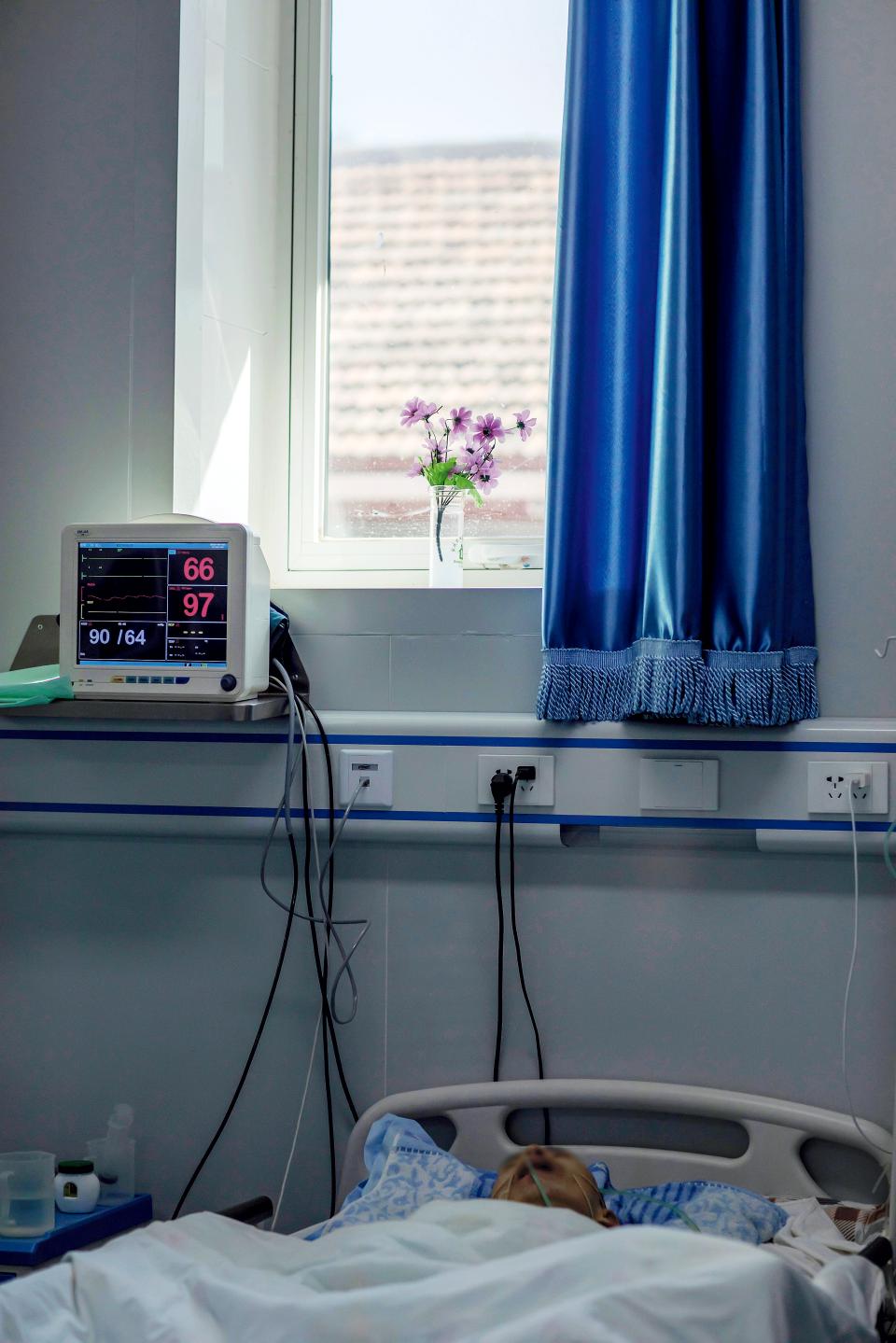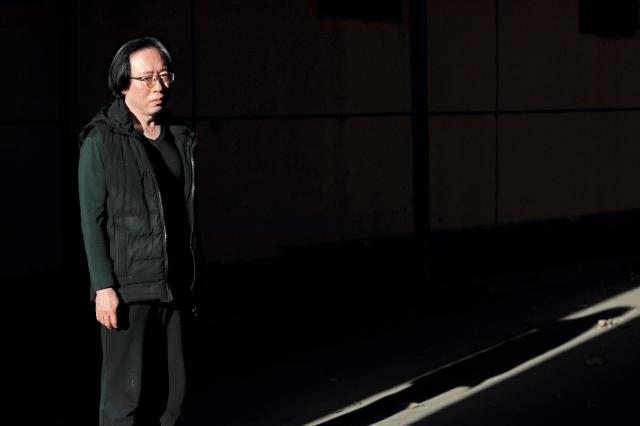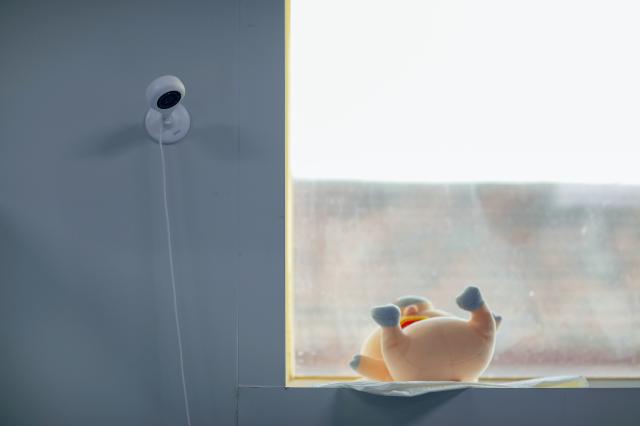Before establishing the nursing home, Xiang had worked as a neurosurgeon at Miyun People’s Hospital for over 20 years. He resigned from a desire to further his career and focus more on people in a persistent vegetative state.
Being in a persistent vegetative state is different from being in a coma. The internationally recognized definition of a coma is one of lacking awareness and wakefulness. PVS means a level of wakefulness but no signs of awareness. People can wake from a coma but still be in a persistent vegetative state. It is also referred to as post-coma unresponsiveness or unresponsive wakefulness syndrome. After four weeks, someone in a vegetative state is described as being in a continuing vegetative state, and after six or 12 months, depending on the cause of the brain injury, in a persistent vegetative state. Causes of traumatic brain injury include strokes and accidents which deprive the brain of oxygen. The chance of recovery is much better in younger than older patients.
Xiang said that while a very few PVS patients might regain awareness following surgery or other treatment, most will remain minimally conscious and will require constant professional medical care.
When he started out, Xiang thought he would get many patient referrals from his large network of medical professionals built up over a long career. Yet in the following one and a half years, only one doctor among his friends referred a patient to him. Many others said that if they referred someone who dies at the nursery home, it could bring them trouble.
Site selection was troublesome. Xiang wanted his nursing home to be in the downtown area so it was convenient for transportation, but he quickly gave up on the idea after a landlord refused to rent her property to him, worrying that PVS patients would bring her bad luck. Xiang eventually had to locate the nursing home in a mountainous area near Miyun Reservoir.
In the first two years, Yansheng only admitted two patients, but by the third year, the wards were full, and he decided to move to a village in the same district. In a yard where security guards used to train, he renovated a one-story property into a three-ward nursing home with 10 beds each. Each bed has a camera so relatives can see the patient at all times.
Now, Xiang gets frequent calls asking if there is any vacancy. He told NewsChina that he will not admit a patient until the family visits the nursing home and understands and consents to Xiang’s guiding principles that the nursing home is for fundamental care only and people in persistent vegetative state will die naturally.
Media reported that one family had booked an ambulance to drive 28 hours to take a patient to Xiang’s nursing home and another bought seven airplane tickets to transport a patient by air.
Sun Ying’s family told NewsChina that compared to a hospital, Yansheng’s wards are cleaner and their nurses respond quickly. More importantly, Yansheng charges 7,500 yuan (US$1,055) a month, which is around the same as a hospital ICU charges per day.
Yansheng has 20 nurses taking care of 30 patients, working two shifts a day. They feed them through a tube five times a day, turn them to prevent pressure sores and check if any patient needs oxygen uptake or to be aspirated. They change dressings and tubes and monitor the patients for irregularities.
According to He Jianghong, chief neurosurgeon at the No.7 Medical Center under the Chinese People’s Liberation Army General Hospital who has studied PVS for 25 years, a person in that condition may only survive three to four months at home, but could live one to two years if the patient receives professional medical care at a nursing home.
“How long a PVS patient can live depends on how well they are attended to,” he said.

 Old Version
Old Version

